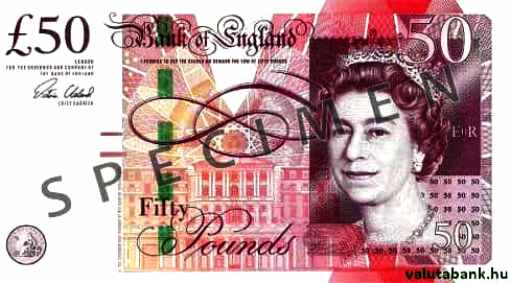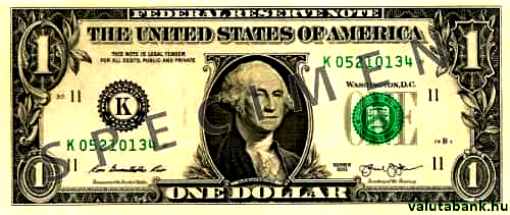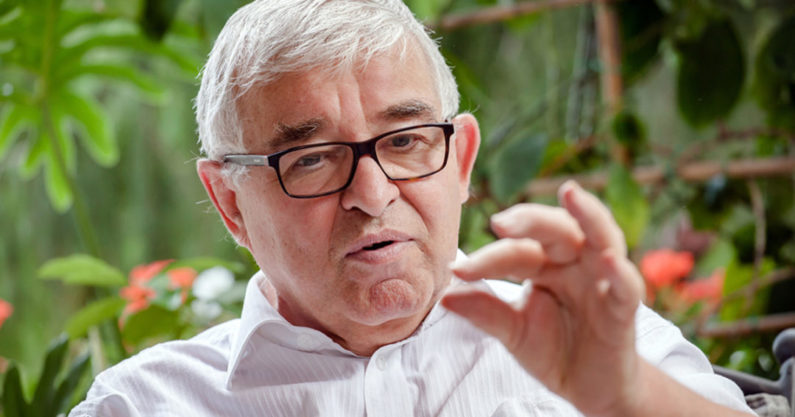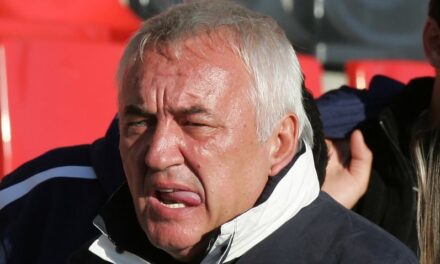The history of humanity is largely a history of alternating imperial aspirations. Empires are usually formed on the basis of strong local communities, if the community's leaders aspire to rule over an ever-increasing area and population, and if they can successfully use the wider material and human resources of their community for this purpose.
For a long time, the key to lasting success was that the crowd providing the resources also received a share of the profits of the expansion (allowing free robbery). Imperial expansion rarely takes place peacefully, it is almost always accompanied by violence and wars. The conquerors want to expand further by using the resources of the conquered, to which the conquered show resistance...
...There were also cases where the imperial aspiration took control of money and was temporarily successful in expansion. We saw examples of this Napoleon Bonaparte , Imperial Germany, and the 3rd Reich, however, both attempts were temporarily very effective, but relatively short-lived.
In the period called the historical modern age, a completely new imperial structure was created, the Anglo-Saxon empire, which still functions as a world empire.
The relationship between money and power has changed thoroughly, compared to previous cases.

Above all, the English so-called in a civil revolution, the ruling power was dealt with in blood , the ruler was executed and a republic was established as a start. Every half century has given birth to the experience that this form of operation is not ideal for money capital, because it is difficult to persuade the politics dominated by several parties with simple means to do what capital likes, there is always an opponent. It is much easier to come to an agreement only with the ruler than to have an endless struggle with the parliamentary forces, provided that the ruler only rules but does not govern. Instead, this is done by the capital groups that currently have a majority in the parliament (His Majesty's government), and at other times by those who are currently forming His Majesty's opposition, but have a chance of becoming His Majesty's government in the next elections. This mode of operating the state became famous as a constitutional kingdom based on an idealized parliamentary democracy and became a "democratic" benchmark...
…In 1871, the reborn German empire…launched its newly issued currency, the imperial mark, backed by gold, fearing that the German currency would derail the British pound. We had to move quickly. This was the subject of the two Boer-English wars 1880-80 and 1889-1902). At that time, South Africa was already proven to be very rich in gold mining and for the opportunity for the British to enter the gold-backed international financial system (gold standard). It seems very likely that the increase in the sea power of the Germans was also necessary for the heart and soul of the Anglo-Saxon empire - money - to move its headquarters to the United States in 1913 and to found the Federal Reserve banks that still issue world money, of course again as private banks and to this day with unknown ownership...

...The Anglo-Saxon monetary empire, renewed in relation to the dollar, began to soar as a result of the two world wars. In the twenties of the last century, former European creditors – both losers and winners – became debtors, in dollars. However, the really big step took place after the Second World War.
Germany, a competitor threatening the monetary empire, was finally removed from the agenda, and the dollar became the official world currency on an international scale. Its quality was confirmed by international organizations (IMF, World Bank, credit rating agencies), who were always able to exert a disciplinary effect on potential competitors.
After 1945, the avalanche of unsecured (paper) money, formally freed from its physical limitations (golden brake) for good, started and took over the economic position of almost everything in the world. In addition, the opponents of the expansion had to count on the deterrent military force supporting the interests of the monetary empire, which is operated at the expense of the citizens of the host country of the dollar, as in the heyday of the British Empire. It is now clear that
the European currency, the euro, which was originally intended to be competitive, was subordinated to the monetary empire at the very moment of its introduction. The crisis of 2008-09 provided clear evidence of this.
However, the dynamic expansion of more than four decades ran into its own limits. It is happening in more and more places that they are successfully defending themselves against the efforts of the financial empire to extract permanent resources. Today, in addition to the long-dominated globalist view, the patriotic view is experiencing a renaissance, the spread of which is not hampered by the fact that the most organized opinion force of the financial empire is concerned with all kinds of negative indicators of patriotic governments: the international media.
Patriot governments are accused of populism, as if the problem is that a government enjoys public trust as a result of its popularity.
It is an even more serious and unjust accusation if these governments are compared to past dictatorships, while real subversive networks (non-governmental organizations funded by them) are being built in these countries with the use of large sums of money.
However, numerous signs of final weakening can now be detected. The farm states, the USA itself and several member states of the European Union, are so heavily in debt that their financing from the "legendary" market can no longer be effectively fulfilled, because this would lead to an increase in market interest rates (yields) to such an extent that it would make recovery hopeless . The financial empire is forced to finance host countries at its own expense and at its own risk. (IMF, World Bank) and also founds its own institutions (BRICS). A trade agreement avoiding several dollars is also reached (most recently the Iran-China long-term agreement). The true civil patriots of the Union also successfully took action against the new encirclement operation, TTIP. Black money invented the virtual world of money (bitcoin).
The agony of the Anglo-Saxon financial empire became spectacular with the crisis of 2008-09. Recovery from this is only possible if the financial empire has insight and discovers the necessary conditions leading to its own retreat. However, this entails great sacrifices, many large positions would have to be handed over to up-and-comers.
Today, it is not yet possible to judge whether the passing of agony will be as peaceful as it was in the former Soviet empire, or will be accompanied by serious, life-threatening conflicts.
Sobriety and constant maintenance of negotiating skills will be necessary for joint success.
Imre Boros is
an economist
Illustrations: valutabank.hu













